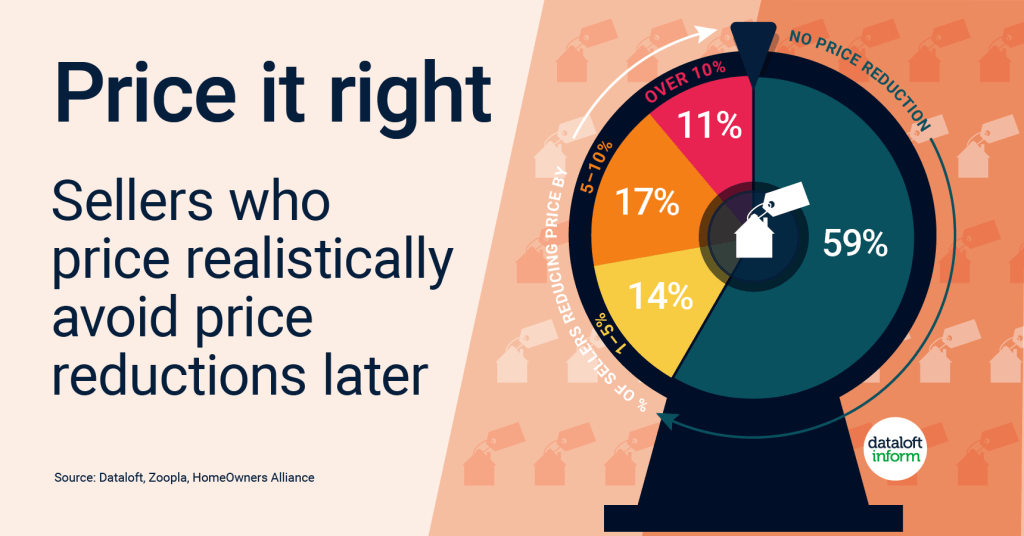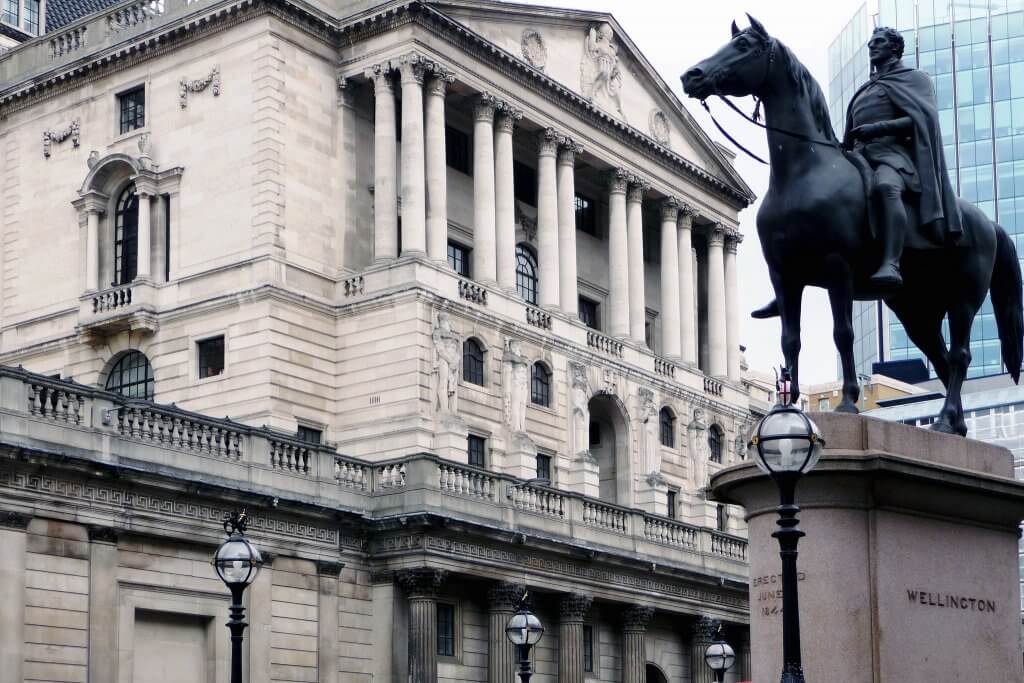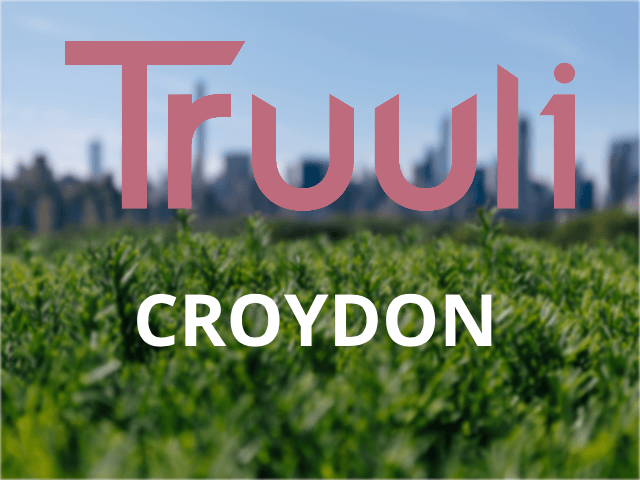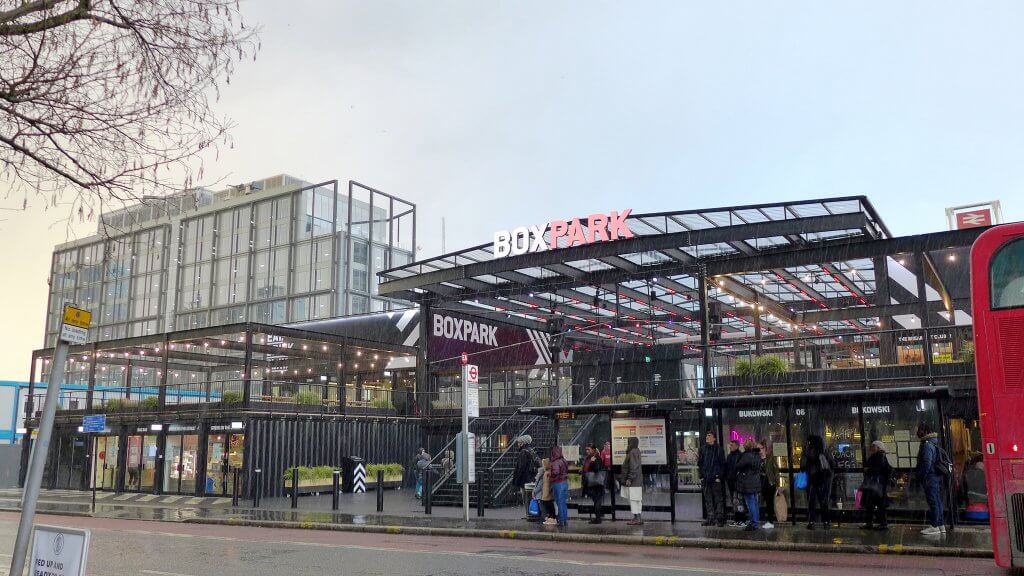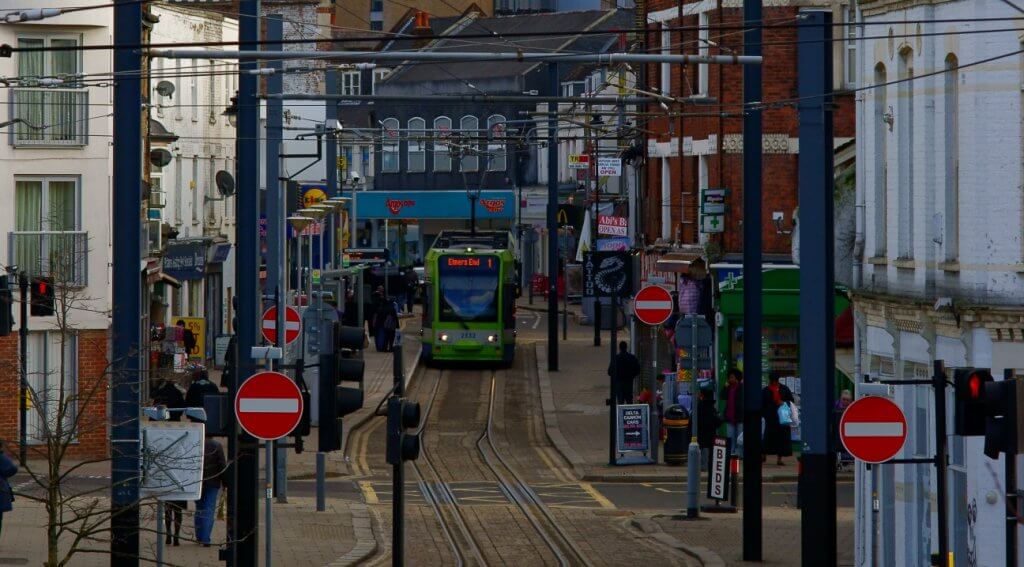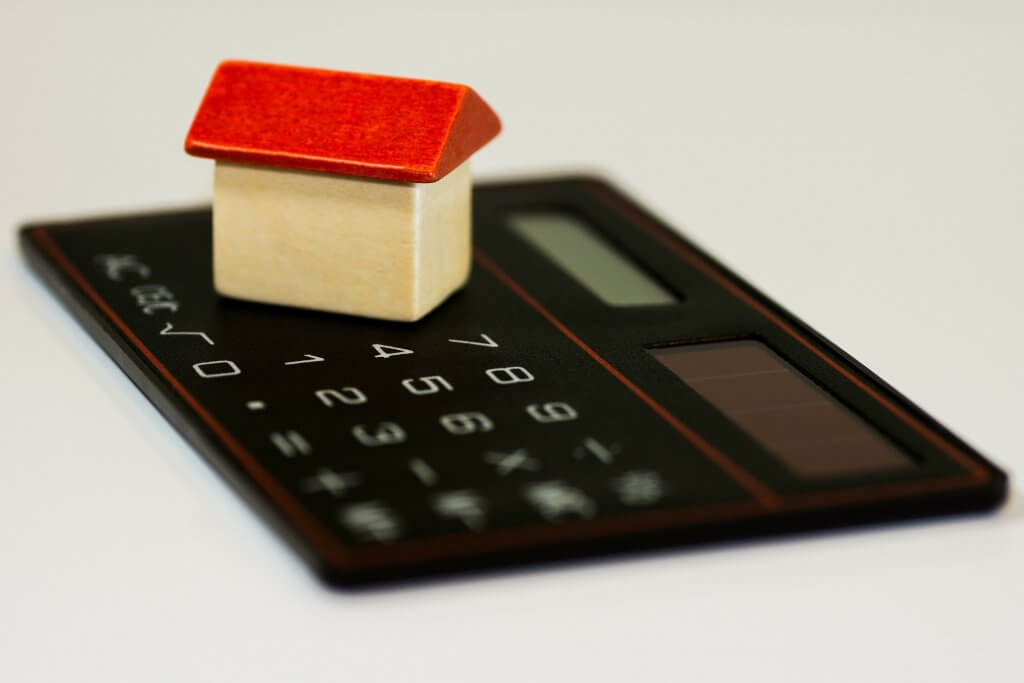What are the different types of mortgage available?
Selecting a mortgage can be tricky. We would always recommend speaking with a qualified mortgage expert who can ensure you have not only sourced the best deal, but also that you have taken out the best mortgage for your needs, both now and in the long-term future.
Here is a list of all the different types of mortgages available in the UK:
repayment mortgages interest-only mortgages fixed rate mortgages
variable rate mortgages tracker mortgages discounted rate mortgages capped rate mortgages cashback mortgages offset mortgages
95% and 100% mortgages flexible mortgages first time buyer mortgages
buy to let mortgages
Repayment mortgages
This is the basic way of repaying all mortgages, however specialised they are, apart from interest only loans which are different. With repayment mortgages, each month you repay some of the interest you owe plus some of the capital you’ve borrowed. At the end of the period, most commonly 25 years, you’ll have paid back everything you owe and you’ll own your home outright.
In the instance that you move prior to the end of your 25yr term, you may be able to take the mortgage with you (‘porting’ your mortgage) or you can repay the original loan and take out a new one.
Interest only mortgages
With interest-only loans, you only pay the interest month by month and repay the capital at the end of the full mortgage term period meaning monthly repayments are lower than with any other mortgage. This is quite different from a repayment mortgage because at the end of the loan you are required to repay the whole debt in order to retain ownership of the property; some mortgage lenders may insist you show them how you intend repaying the loan at the end before granting an interest-only mortgage.
With an interest-only mortgage you may be able to switch to a repayment loan at a later date at the discretion of your lender.
Fixed rate mortgage
A fixed rate mortgage is where the rate is fixed for a set number of years – usually 2, 3 or 5. The benefit of a fixed mortgage is that you know exactly how much you’ll be paying each month for that length of time, regardless of what happens to interest rates on other mortgages.
Should you be in a fixed term and notice interest rates are much lower on other mortgage products, you can get out of your fixed rate mortgage but there’ll be an early repayment charge to pay. When the mortgage comes to an end, you will be placed on the lender’s standard variable rate (SVR).
Variable rate mortgages
Every lender has a standard variable rate (SVR) mortgage. The rates for these are partly influenced by the Bank of England base rate but other factors may influence these as well. The interest rate you pay on an SVR mortgage can change even without the base rate moving and similarly the base rate might come down but your mortgage rate stays the same.
Tracker mortgages
Tracker mortgages move in line with a nominated interest rate which is usually the Bank of England base rate. The actual mortgage rate you pay will be a set interest rate above or below the base rate. When the base rate goes up, your mortgage rate will go up by the same amount, and vice-versa when the base rate comes down.
Some lenders set a minimum rate below which your interest rate will never drop but there’s no limit to how high it can go. With the base rate at 0.5% and an add-on rate of 2.0%, your mortgage rate will be 2.5%.
Discount rate mortgages
The discount is a reduction on the lender’s standard variable rate (SVR). Mortgages with discounted rates are some of the cheapest around but, as they are linked to the SVR, the rate will go up and down when the SVR changes. Discount rate mortgages tend to have fixed periods, typically between 2 and 5 years.
Capped rate mortgages
This mortgage offers a variable rate mortgage but one with a ceiling on how high the interest rate can rise. As both interest and mortgage rates have generally been low in recent years, the majority of lenders have not been offering capped rate mortgages.
Cashback mortgages
When you take out this particular mortgage the lender will give you money back, typically a percentage of the loan. These mortgages generally do not tend to offer the most competitive rates and you should look carefully at the any additional fees that may be incurred.
Offset mortgages
Offset mortgages are linked to a savings account and combine savings and mortgage together. Each month, the lender looks at the mortgage balance and then deducts the amount you have in savings. You pay mortgage interest just on the difference between the two. For example, if you have a mortgage of £100,000 and savings of £5,000, your mortgage interest is calculated on £95,000 for that month. This helps to reduce the amount of interest you pay but the mortgage rate is likely to be more expensive than on others on offer. You can still access your savings if you need to but the more you offset, the quicker you’ll repay your mortgage. In the instance you use your savings to reduce your mortgage interest, you would not earn any interest on them but you will not pay any tax either.
95% mortgages
With 100% mortgages now being pretty much non-existent, a mortgage with a 5% deposit is usually the next best option. Rates offered with a 95% mortgage tend to be quite high and with such a small deposit you are potentially at risk of falling into negative equity if house prices go down.
More information for people with 5% deposits is available on the government’s Help to Buy scheme website.
Flexible mortgages
With a flexible mortgage you can choose to pay in more than your regular amount when it is convenient for you (this option is also available on many other types of mortgage). And, unlike other mortgages, if you have already overpaid you can pay less if you hit a difficult patch or even take a payment holiday and miss a few payments altogether. Due to the flexibility offered, the mortgage rate will often be higher than on other deals available.
Buy to let mortgages
Buy to let mortgages are for those who want to purchase a property and rent it out rather than occupy it themselves. The amount you can borrow with this particular mortgage is partly based upon the amount of rent you expect to receive. In most cases a first-time purchaser is unlikely to be accepted for a buy to let mortgage.
Our mortgage experts will assist in sourcing the mortgage that suits you best. There’s no obligation and no charge for our service, call us on 0300 043 0002 or e-mail [email protected]

